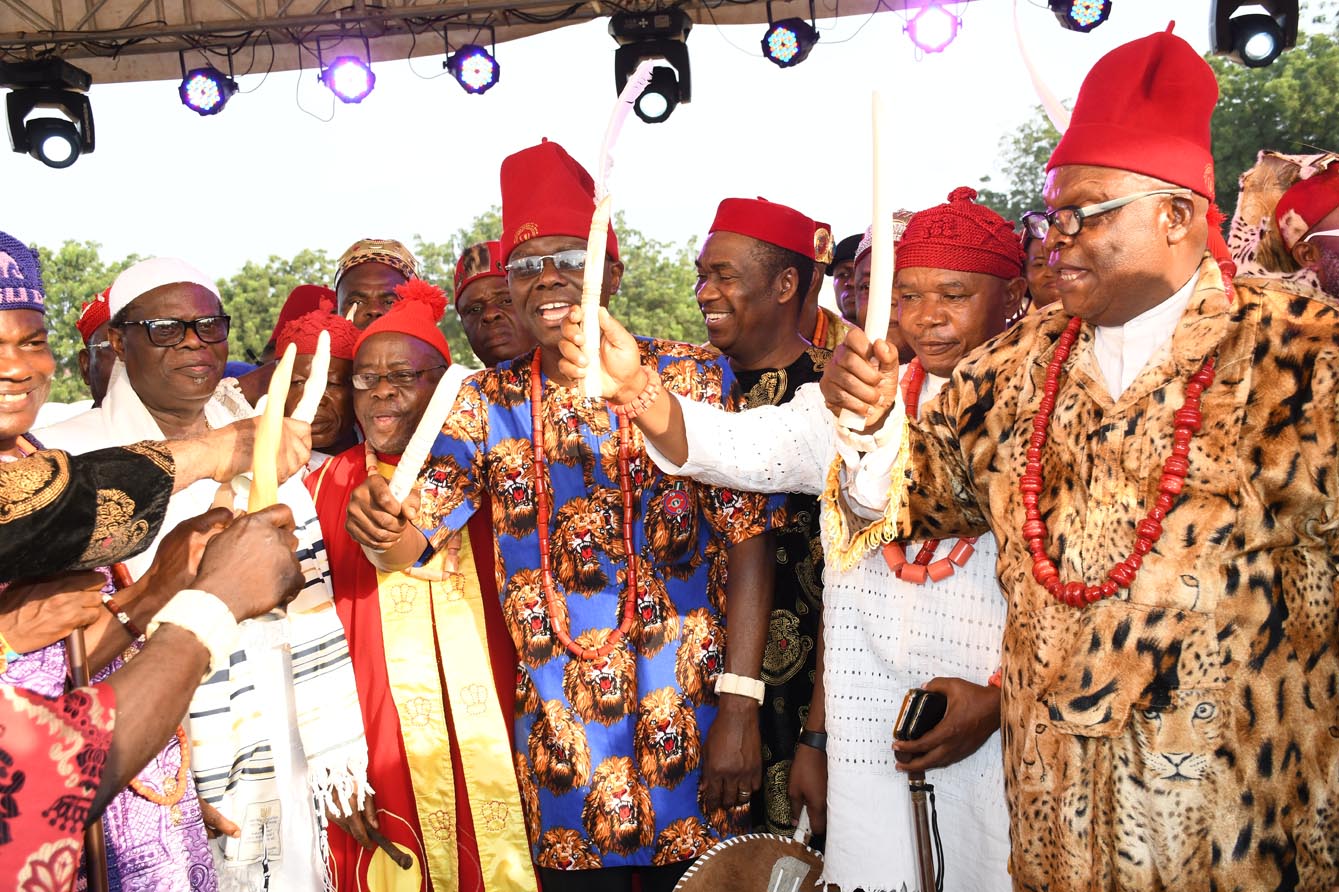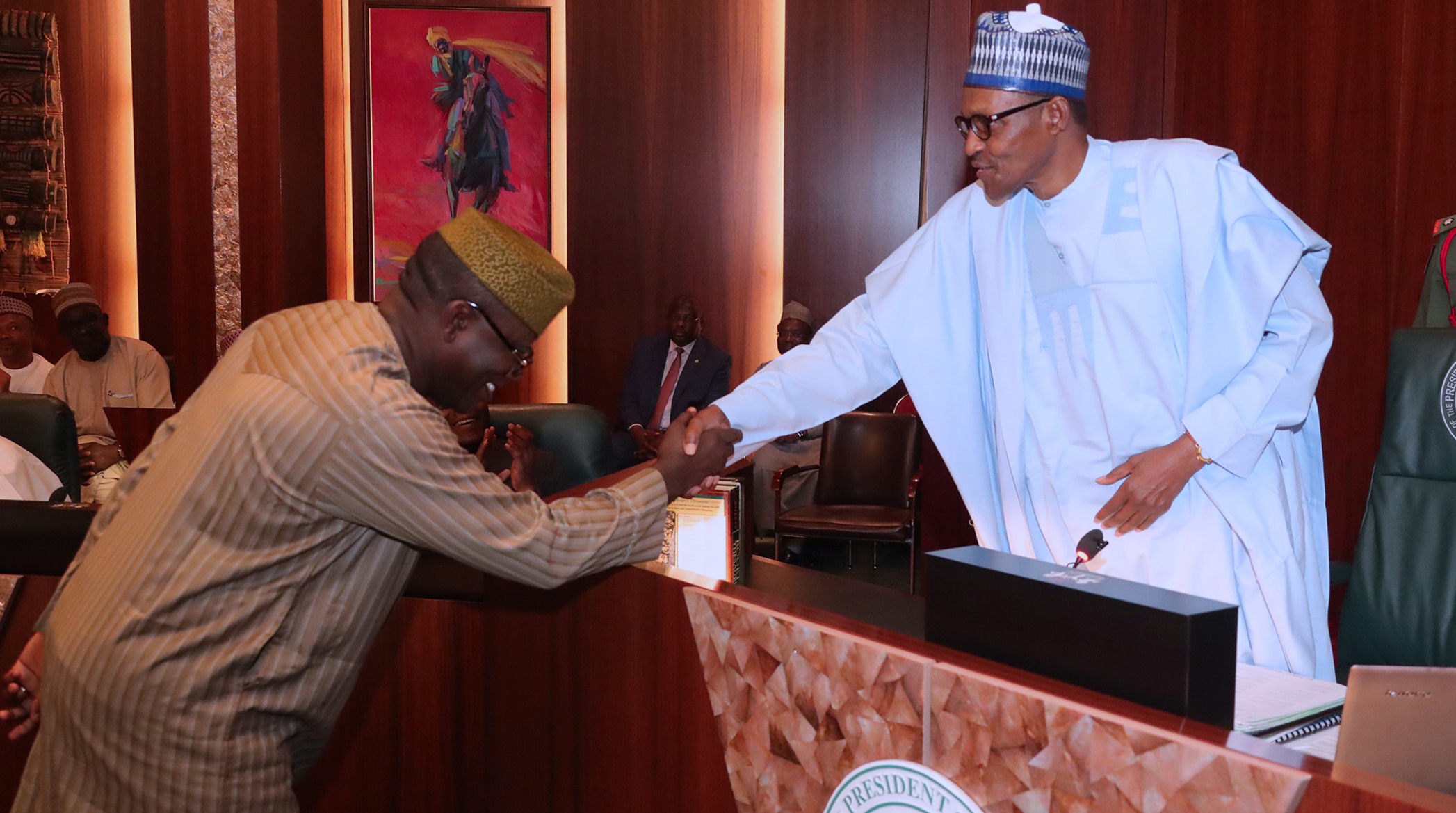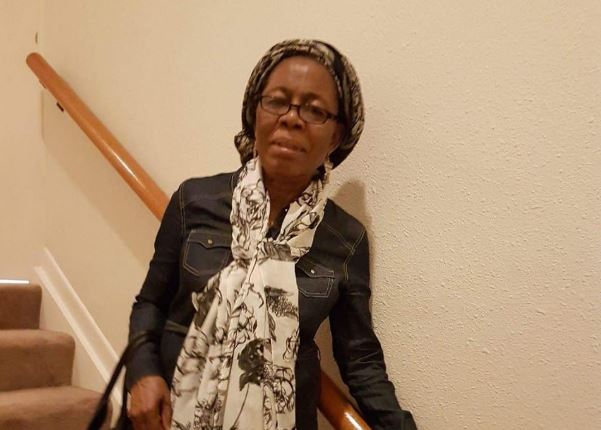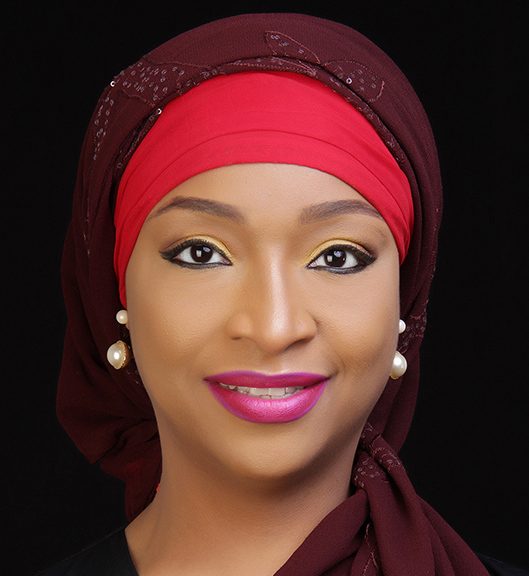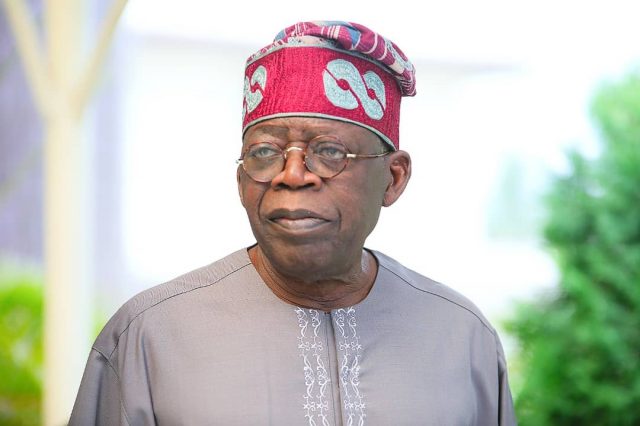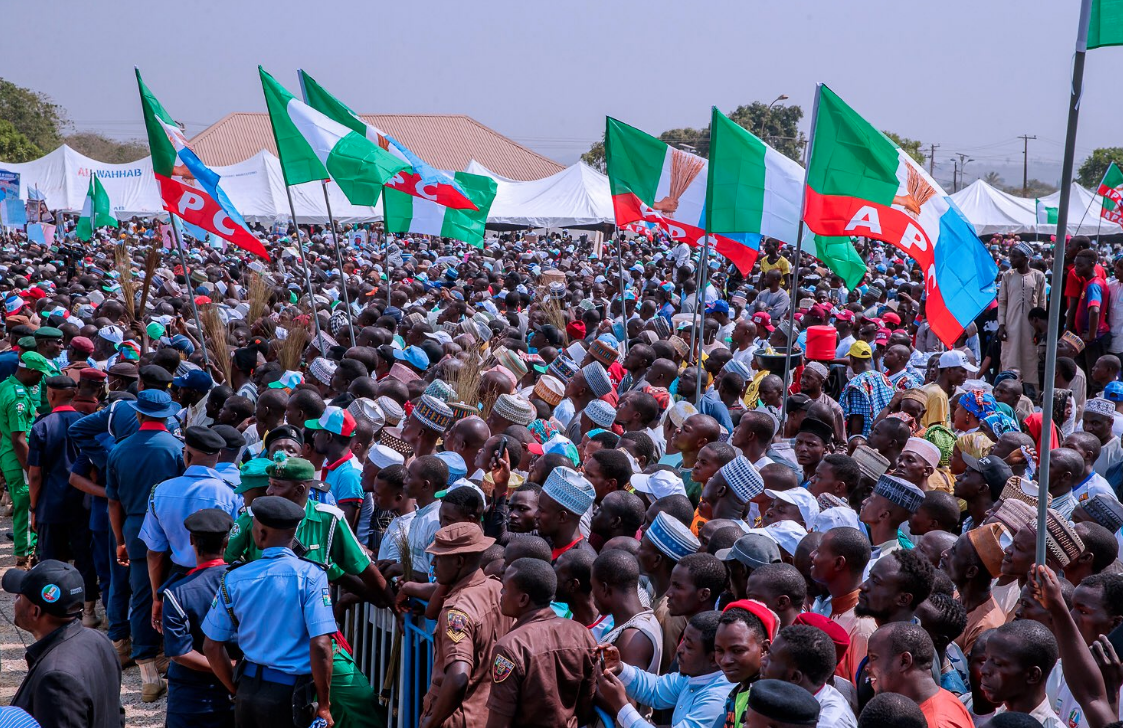L-R: Deputy Director General, Babajide Olusola Sanwo-Olu Campaign Independent Group (BOSICG), Cardinal James Omolaja Odunmbaku; Eze Ndigbo of Lagos, Eze H.N Ohazulike; APC Governorship Candidate in Lagos State, Mr. Babajide Olusola Sanwo-Olu; his Deputy Governorship Candidate, Dr. Kadir Obafemi Hamzat; Financial Secretary of Council of Ndieze Lagos, Eze Nwajei Ofurile Ikechukwu and Eze Christian Nwachu, after the conferment of Ugo Chiunyere Eze Ndigbo tittle on Mr. Sanwo-Olu and his formal endorsement by the Ndigbo in Lagos………yesterday 16-12-2018
Lagos, Nigeria in the 2019 Nigerian general elections had a lot in common with the Nigerian 1964 federal elections. The unifying factor between the two elections was how the ethnicities of both Igbo and Yoruba were deplored as a noticeable weapon of fighting elections. Ethnic fissures became dominant catchphrases in political campaigns of the two political periods with demonization of ethnic groups by politicians for political advantages.
In the 2019 elections, Lagos became the cynosure of all eyes for its attempt at vilifying Igbo, for political advantage. In several areas of the state, hundreds of social miscreants, popularly known as ‘Area Boys,’ apparently instigated by some political warlords, attacked Igbo traders in areas like Lagos Island. Their grouse against them was their allegedly not voting for President Muhammadu Buhari. Said to have been armed with dangerous weapons that ranged from cutlasses, broken bottles, wood and knives, the politically-motivated hoodlums reportedly attacked Igbo in Oluwole, Nnamdi Azikiwe, Tinubu, Bamgbose and Alli Streets.
Their economic and commercial octopus strength apparently constituting a major political threat to the ruling party in the state, the APC, Leader of the party and former governor of the state, Bola Tinubu, had reportedly upbraided the Igbo for grouping against the party at the polls. His wife, Remi, apparently couldn’t shroud her disdain for the ethnic group too. When she allegedly got to her polling unit on the day of the governorship election in the state, she had reportedly told a physically challenged voter who was identified as Charles Nnamani that the Igbos in Lagos failed to vote for Buhari and concluded, “we no dey trust una again.”
The animosity provoked by the APC in Lagos State had earlier received an indecorous icing from the Oba of Lagos, Rilwan Akiolu. Sounding imperious and audacious, Akiolu was quoted to have warned Igbo in Lagos that the consequences of their not voting for Akinwunmi Ambode was a penalty of being thrown into the lagoon. By the time the 2019 election ended, the APC in Lagos had succeeded in widening the gulf of Igbo and Yoruba relationship by an immeasurable width.
Advertisement
Roll the tape backwards. The Western Region had become very tense. Violence ruled the airwaves. By this time, the National Council of Nigerian Citizens (NCNC) a dominant political party in the Western Region, had begun to attract the anger and disaffection of its parent body at the national level, a situation which made the Eastern Nigerian Premier, Dr. Michael I. Okpara, to embark on a campaign tour of the West. Convinced that the NCNC larger body could expel them for their cross-purpose roles in the Western Region Government, henchmen of the party in the West, like the Deputy Premier, Remi Fani-Kayode, Richard Akinjide and Bayo Olowofoyeku later formed the Nigerian National Democratic Party (NNDP), a political party which comprised the Western Nigerian Premier, Chief Samuel Ladoke Akintola’s United Peoples Party(UPP), the rump of fragmented NCNC leaders earlier mentioned, together with the Northern Peoples Congress (NPC) of Sir Ahmadu Bello which was the ruling party, to form the Nigerian National Alliance (NNA). The rump of the Action Group (AG) that was left also went into an alliance with the NCNC, NEPU and UMBC, an alliance it called United Progressive Grand Alliance (UPGA).
The campaigns leading to the elections were acrimonious and vengeful, resulting in coalition labels earlier itemized, that is, UPGA and NNDP. While the UPGA denounced Premier Akintola for sheepishly following Gambari , (the North) Akintola upbraided the rump of Yoruba in UPGA for following yanminri. Expectedly, the NNDP ‘won’ the elections, but the AG and its UPGA also laid claim to having won the same elections. In the midst of all these, the Premier of the East, Okpara, from Enugu, dispatched a congratulatory letter to Alhaji D. S. Adegbenro, UPGA leader in the West, on the elections. Okpara, in the message, said that all that was left was for the people of the West to rally round Adegbenro and his colleagues “in order to resist any attempt to impose illegal and undemocratic regime on the people of Western Nigeria.”
Upon his being declared Premier, one of the things Akintola did was to deconstruct the UPGA alliance and paint the Igbo as having a disequilibrium advantage in the federal set-up, especially at the expense of the Yoruba. As such, the Sketch newspaper which he established on March 31, 1964, was sucked into the vortex of this advocacy. Akintola began a visceral campaign against the Igbos. Twisting the name of the Chairman of the Railway Corporation, Dr. Okechukwu Ikejiani, who was Igbo, to a Yoruba adaptation, so as to suit his pillory of the race, Akintola, reputed orator and very deep in Yoruba morphology, was wont to ask his audience, “The first (Igboman) would have, the second (Igboman) would have; what have you got?” This was used by him to underscore the alleged nepotistic character of not only Dr. Ikejiani, but the Igbo man.
Advertisement
The other famed quotation of this famous language-rich Yoruba argot-dispenser was in the crisis of who became the Vice Chancellor of the University of Lagos between Professors Sabiru Biobaku and Eni Njoku. They were Yoruba and Igbo respectively. Playing on both professors’ names, Akintola was said to have told an audience that “we said we would give you a man who will not die (Yoruba translation of Biobaku), yet you insisted that it is the man who eats the dead (Yoruba literal translation of Eni Njoku) that you want!”
In support of the Akintola government’s bid to typecast the Igbo as nepotist and not worthy to partner with in the alliance, the battle became visible in the Sketch newspaper which, exactly six days into its existence, carried a letter from one Odafe Othihiwa in its Our readers’ view column that it entitled £11,000 for Ikejiani alone. It was the beginning of a long-lasting great structuring regime in the Sketch against both Ikejiani and his Ibo Union. Indeed, this was the first major battle the newspaper would undertake, on behalf of the piper that called its tune. In this letter, the writer alleged that “serious allegations of nepotism and tribalism had been leveled against the Chairman of the Nigerian Railway Corporation.” Even though the writer claimed that Ikejiani had explained his own side of the story, his reply could still “not be accepted by the general public.” The letter thus went further to state that, “It is strange to observe that while we cry over unemployment in this country, people like Dr. Ikejiani are holding at least five different posts on an alleged total salary of £11,000… I also call on the Prime Minister to probe the activities of Dr. Ikejiani and his right wingers in the Railway Corporation. It is no political bias.”
The newspaper, in the same edition, followed this up with a feature on its back page where it alleged that a “very serious tribal warfare” was going on in the railway corporation, and that, when the corporation’s 50,000 workers resumed, they would “break into two camps – the Yorubas and the Ibos.” It accused Dr. Ikejiani, who is “by nature very loquacious” of employing a medical doctor who earned an annual salary of £2,600 and yet had no job because the hospital earmarked for him by Dr. Ikejiani was not going to be ready in the next eighteen months. It ended the piece by attaching an appeal to the President by the Secretary of the Egbe Omo Olofin, Chief H. O. Davies, on account of Ikejiani’s sack of the Deputy Assistant General Manager of the Corporation, Mr. F. M. Alade, which it said “was deteriorating.” In the same edition, the Sketch carried a rather sarcastic story on its front page with the title, Yoruba nru, Ikejiani nsanra, meaning that, while the Yoruba race was going lean, Ikejiani (and invariably, his stock) were getting fatter.
It will be a convenient analysis to conclude that Tinubu and his Lagos APC are effectively supplanting the role of late Western Region Premier, Akintola and are acting the perfidious script perfectly. It goes without saying that the end of that script, spurn in the First Republic, is yet to hit its denouement. Its first calamitous phase was the bloodshed that ended the republic, the Civil War and the mistrust that has since ensued between the Yoruba and Igbo man.
Advertisement
It is really unfortunate that politicians, especially of the Southern extraction, have blinded themselves from what unites their people and are peeping into what divides them. Apart from the self-imposed schism thrown them into by politicians, Yoruba and Igbo indeed have so many things in common. For example, the morphology of their languages seems so similar that you may conclude that if a historical DNA is done, Akiolu may probably be aiming to throw his siblings into the lagoon. Few of such words that readily come to mind are the decimal ‘three’, which the Igbo call ato but which is almost similar to Yoruba’s eta; speak which the Yoruba call so and which the Igbo call suo; ear, which the Yoruba call eti and which Igbo call nti; nose, called emi by the Igbo which Yoruba call imi and land, which Igbo call ani and the ridge of a land which the Yoruba call ala and so many more.
To profile a people as redolent with a particular characteristic is, to me, very naïve and intellectually limiting. On a personal level, I have been a beneficiary of the best of Igbo hospitality and trinity of character. I remember that in June, 2003 when then Governor Chimaroke Nnamani offered me an appointment as his Special Assistant, my mother ostensibly variously visited theological diviners to help her dissuade her son from jumping into his own death. She had been told that it was a land of cannibals. My employers offered me a leave of absence, sensing that I would soon be smoked out of a land whose language and people I knew seldom. My four years in Enugu eventually became the most enjoyable period of my life. On the day Nnamani promoted me Special Adviser and by that fact, a member of Enugu State Executive Council, thereby sacking his fellow kinsman, Osita Ugwuoti who was then Head of the Media Unit, my colleagues – Igbonekwu Ogazimorah, Ment Nnomeh, Dan Nwome carried me shoulder high. I couldn’t believe my eyes. Their kinsman had just been removed from office and I – an ofe manu – who walked past several strange rivers before getting to their land, had just been appointed in his place, and they were jubilating! Ugwuoti was later made commissioner. I became head of a very important component of a government very far away from my state of origin. Igbo staff under me were in their scores and never related to me on account of my ethnicity. That day, I made up my mind to look for humanity in a man rather than his tribe or colour.
Until the advent of the colonial masters, Yorubaland was one huge ball of war, crises and intra-tribal skirmishes. Ijebu and Egba, one of the most sophisticated on account of their closeness to the white overlords, looked down on the Yoruba Oyo and the Ekiti Yoruba as barely civilized. They called them “the people from Oke – the hinterland.” Indeed, the famous Yoruba attire, aso oke was to underscore the cloth worn by the backward but fashionable people of the hinterland! Yoruba Oyo too discountenanced the Lagos people’s turtle-dove pomposity. It was what was responsible for the labeling of Lagos people as Oni mo deon account of the mo de that pockmarked Lagosians’ variant of Yoruba. This was undoubtedly responsible for the hostility suffered by Chief Obafemi Awolowo and his AG when they made inroad into Ibadan. They were resisted by Adegoke Adelabu and his Ibadan Progressive Union.
Methinks the best route for Lagos and its reigning conquistadors is to acknowledge that the Igbo are becoming a major force in Lagos; Yorubaland in general too. A programme of assimilation, rather than hostility, will be the best path to tread. Democracy is a game of number and the Igbo apparently have the number in Lagos.
Advertisement
Ademola Adeleke and the law that is an ass
When the Osun State Governorship Election Tribunal ruled on Friday last week sacking the governor, Gboyega Oyetola, nephew to the Leader of the All Progressive Congress, (APC) (apology to enfant terrible, Yinka Odumakin) the English proverbial saying that the law is an ass was what leapt unto my lips. Said to mean that the law is many times contrary to common sense, it is said that the ass under reference is the English colloquial name given to a donkey. Donkeys are said to have a somewhat ignoble reputation for obstinacy and stupidity and thus, the rigid application of the law is the reference of this phrase. In Charles Dickens’ Oliver Twist published in 1839, a Mr. Bumble (the cruel and pompous man in the poorhouse where Oliver Twist, the orphaned boy, was raised) who comes across as spouse who was unhappy, while confronted by his domineering wife, was told in court thus “…the law supposes that your wife acts under your direction.” My Bumble had replied: “If the law supposes that, the law is an ass – an idiot.”
Not a few people believed that the law wasn’t indeed an ass in the ruling of the tribunal. Even though virtually everyone knew that tactical elbowing by the government in power, due to its being in power, was employed in the Osun election, the belief of the people was generally that justice could scarcely be got in the Nigerian judiciary. Before the judgment, the infamous renown of actors in the electoral drama who are kingpins renowned for tailoring justice to their path had been severally traded. So when Senator Ademola Adeleke’s victory was pronounced, many were joyously shocked.
Advertisement
I personally am not optimistic of any positive possibilities from the impending PDP government under the dancing folk. I believe Ademola Adeleka is more of a sybarite than an idea person who can administer a state as backward as Osun. My opinion is however useless in the face of the people’s wish. On this first tranche of judgment, I hereby express my heartfelt congratulations to the dancing governor.
Advertisement
Views expressed by contributors are strictly personal and not of TheCable.
Add a comment

